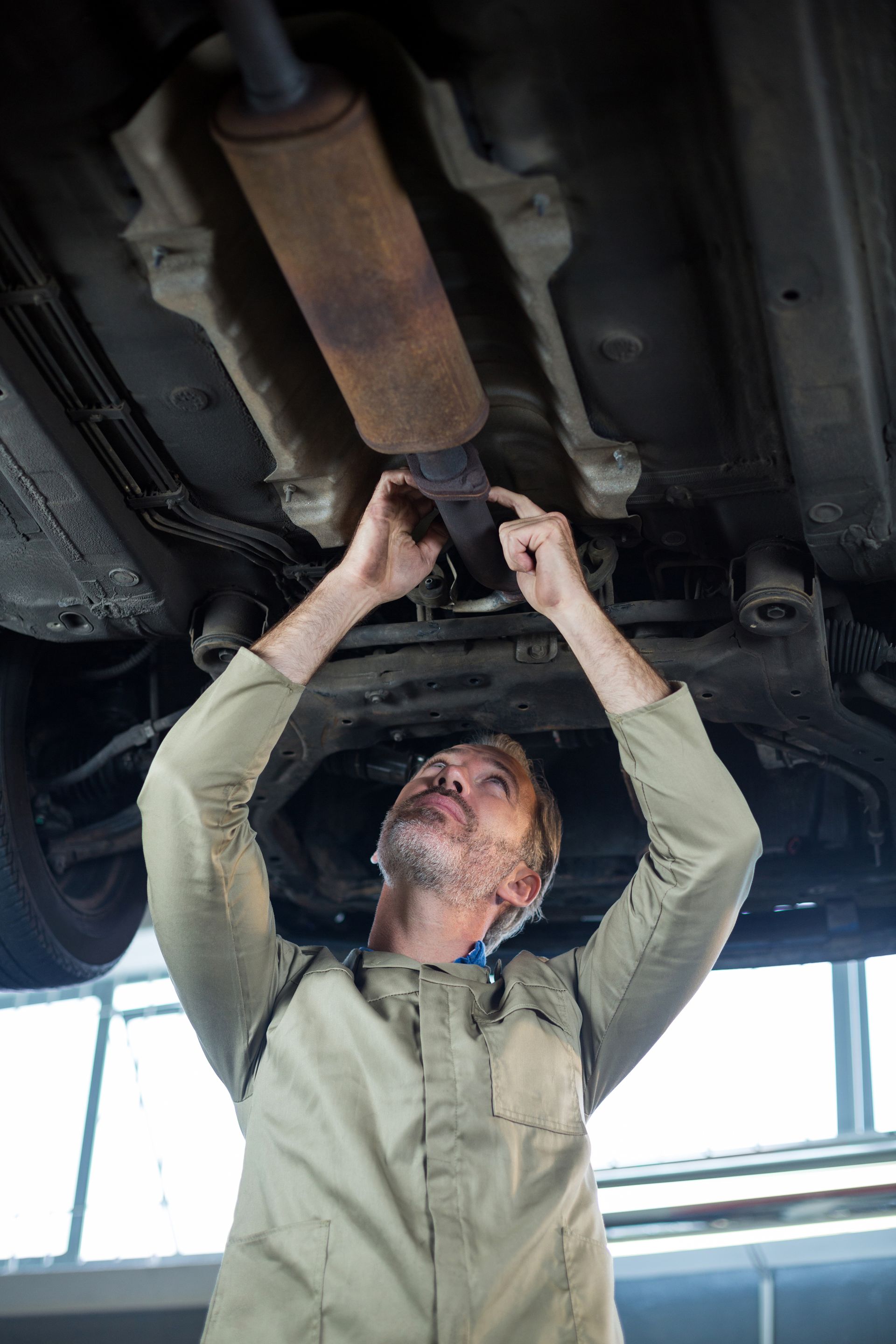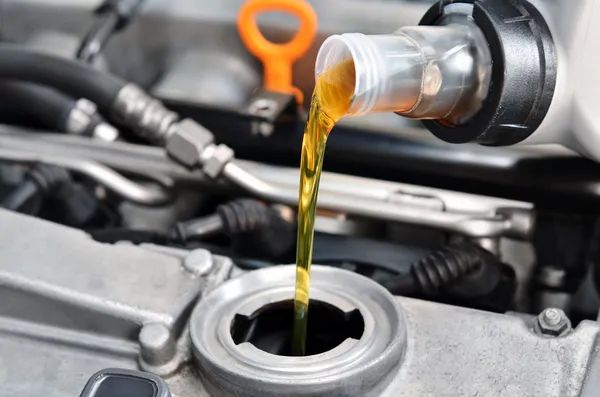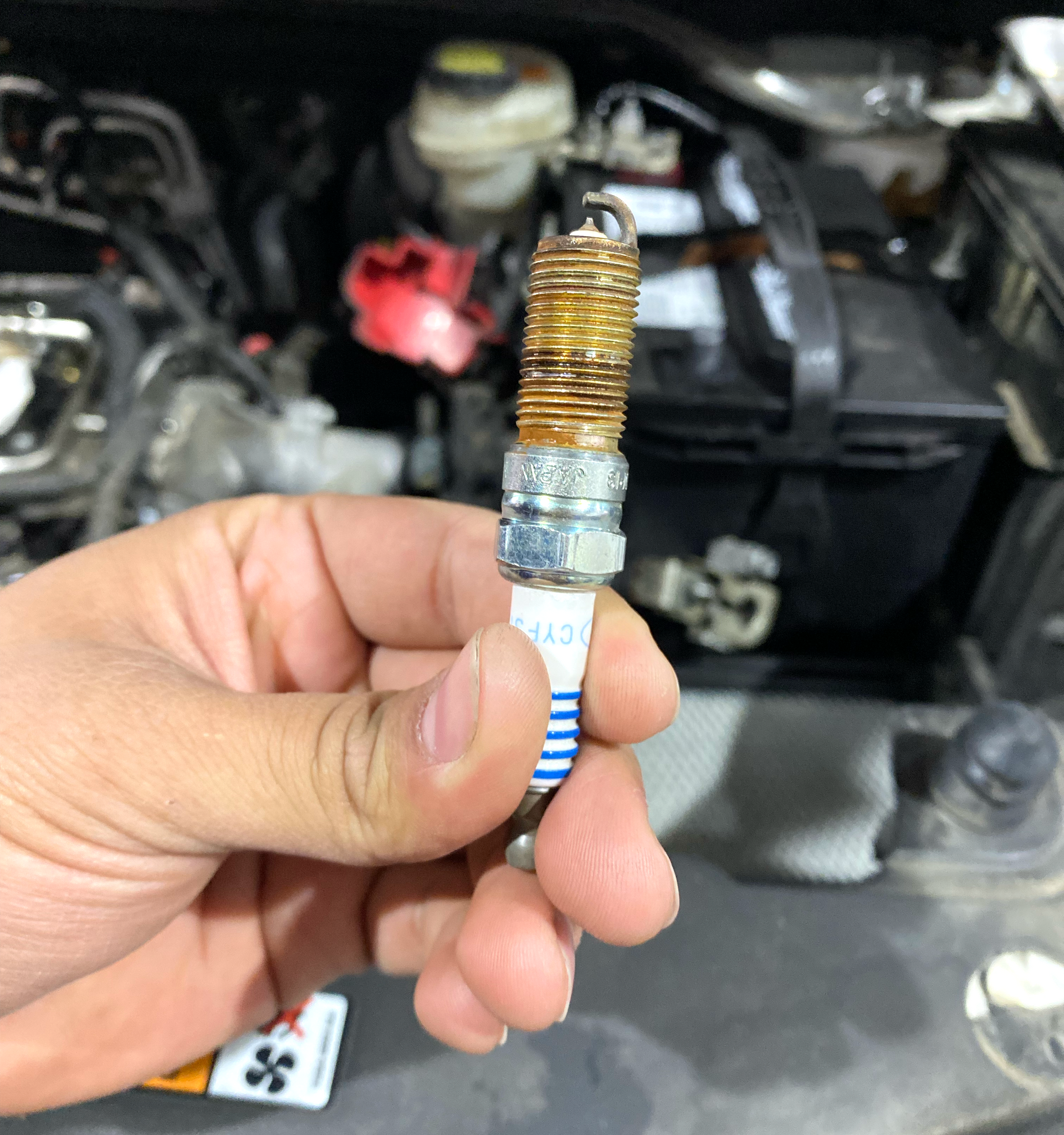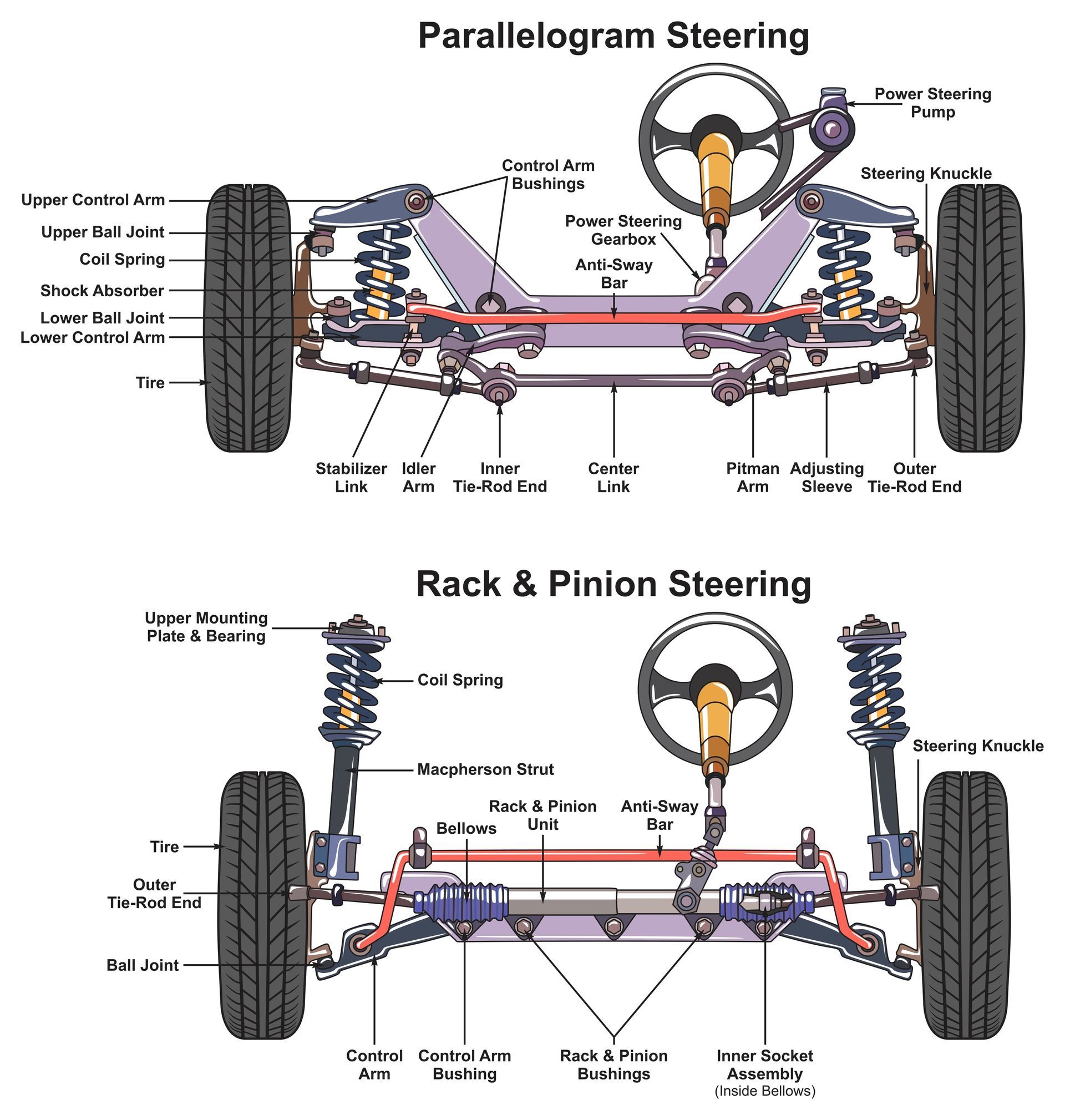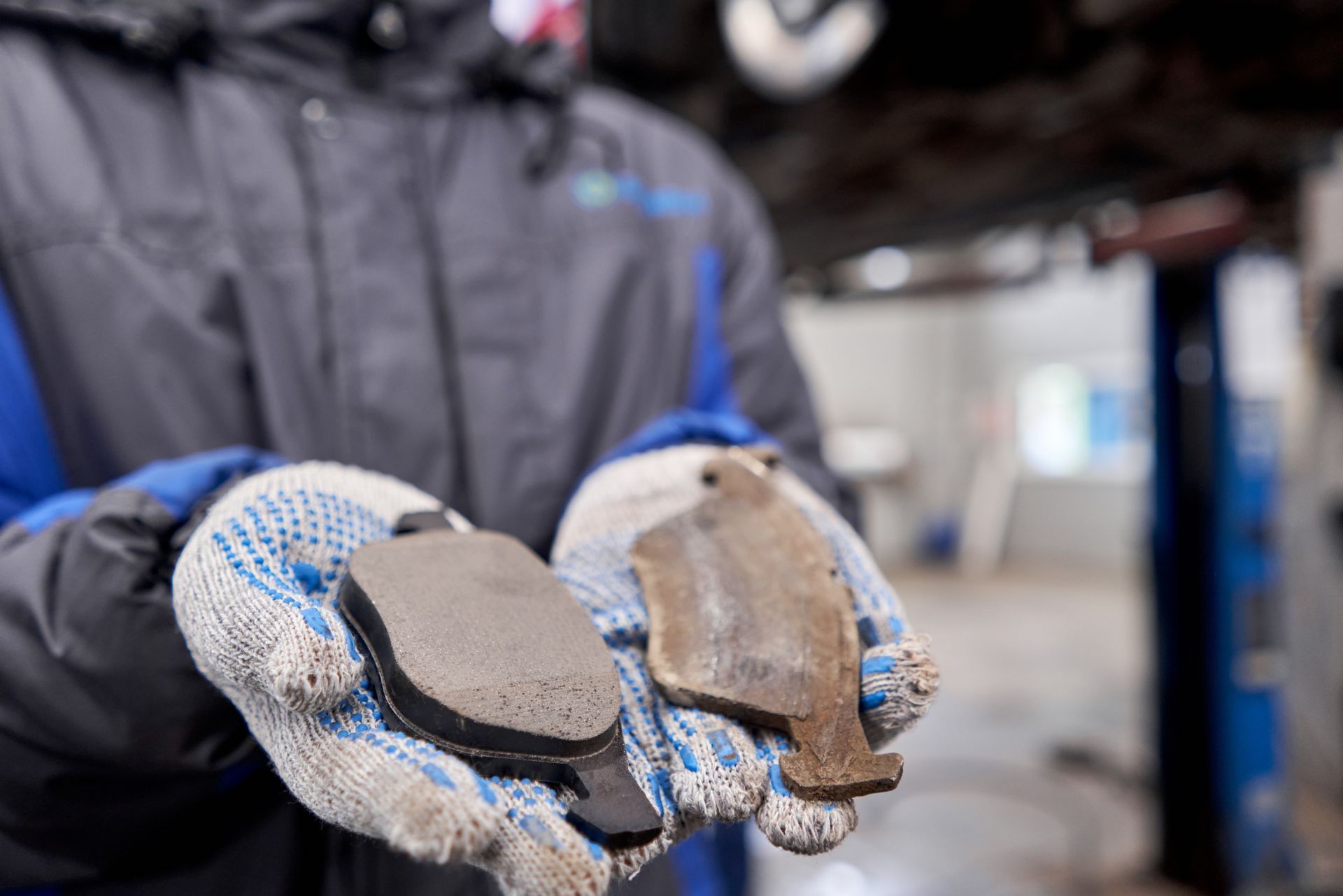How Long Do Shocks and Struts Last?
Shocks and struts don’t have a specific expiration date. The lifespan of these components can vary significantly depending on factors such as driving habits, road conditions, and vehicle type. However, under normal driving conditions, most shocks and struts can last anywhere from 50,000 to 100,000 miles.
Some high-performance or heavy-duty vehicles may require replacements sooner, while vehicles that are driven mainly on smooth highways may be able to go longer without a shock or strut replacement. Ultimately, it’s important to pay attention to your vehicle’s behavior and signs of wear.
Factors That Affect the Lifespan of Shocks and Struts
While the typical range is 50,000 to 100,000 miles, several factors can shorten or extend the life of your shocks and struts:
- Driving Conditions: Regular driving on rough, uneven terrain will put more strain on your suspension system, causing shocks and struts to wear out faster. If you frequently drive on gravel roads, over potholes, or in areas with poor road conditions, you may need to replace your shocks and struts sooner.
- Driving Habits: Aggressive driving, such as hard braking, sudden acceleration, and fast turns, can wear down your suspension components more quickly. Smooth driving habits will help prolong the life of your shocks and struts.
- Vehicle Load: Vehicles that frequently carry heavy loads, such as trucks or SUVs used for towing, experience more strain on the suspension. This added weight can accelerate the wear of shocks and struts.
- Climate: Weather conditions, particularly in areas with extreme temperatures or corrosive salt on winter roads, can contribute to the deterioration of shocks and struts. Rust and corrosion can weaken these components, leading to premature failure.
Signs Your Shocks and Struts May Need to Be Replaced
While it’s a good idea to follow the manufacturer’s guidelines for maintenance and replacement, your vehicle may give you signs that your shocks or struts are nearing the end of their lifespan. Some common signs that it’s time to have your shocks and struts checked or replaced include:
- Excessive Bouncing: If your car continues to bounce after going over a bump, this is a strong indication that the shocks or struts are worn out and no longer providing the necessary damping force.
- Nose Dives When Braking: When you apply the brakes, the front of your vehicle should not lurch or dip down. If it does, your shocks and struts may no longer be effective at controlling the vehicle’s weight during braking.
- Poor Steering Response: Worn-out shocks and struts can make your vehicle’s steering feel less responsive or imprecise. If you notice difficulty in handling or increased body roll during turns, it’s a sign that your suspension may need attention.
- Tire Wear: Uneven or excessive tire wear can be a symptom of worn shocks and struts. When these components fail to keep the tires in contact with the road properly, it can lead to inconsistent tire wear patterns, reducing the lifespan of your tires.
- Fluid Leaks: Shocks are filled with hydraulic fluid. If you notice fluid leaking from your shocks or struts, it’s a clear sign that they need to be replaced.
- Rough Ride: If your vehicle’s ride feels increasingly harsh or jarring, it could be due to worn shocks and struts. The suspension system should absorb much of the road’s impact, so if you’re feeling every bump, it’s time for an inspection.
The Importance of Timely Replacement
Driving with worn shocks and struts doesn’t just make for an uncomfortable ride — it can also compromise your vehicle’s safety. Worn suspension components can lead to longer stopping distances, reduced traction, and diminished control over the vehicle. This is particularly dangerous in emergency situations or adverse weather conditions.
Additionally, ignoring worn shocks and struts can lead to further damage to other parts of your vehicle. For instance, your tires, brakes, and other suspension components may wear out prematurely, leading to costly repairs down the road.
While shocks and struts typically last between 50,000 and 100,000 miles, many factors, such as driving conditions and habits, can influence their lifespan. By paying attention to warning signs and performing regular maintenance, you can ensure your vehicle stays safe and comfortable to drive. If you notice any symptoms of worn shocks or struts, it's best to have a professional inspection to determine whether it's time for a replacement. A smooth ride and optimal handling are well worth the investment in your vehicle's suspension system.
Don't Wait — Keep Your Ride Smooth and Safe!
If you're experiencing any of these signs or it's been a while since your shocks and struts were last checked, now is the perfect time to have them inspected. At Elite Auto Experts, our certified technicians will ensure your suspension system is in top shape, providing you with a safe and comfortable driving experience.
Contact us today to schedule an inspection or service appointment, and let us help keep your vehicle running smoothly for miles to come!

The body content of your post goes here. To edit this text, click on it and delete this default text and start typing your own or paste your own from a different source.
